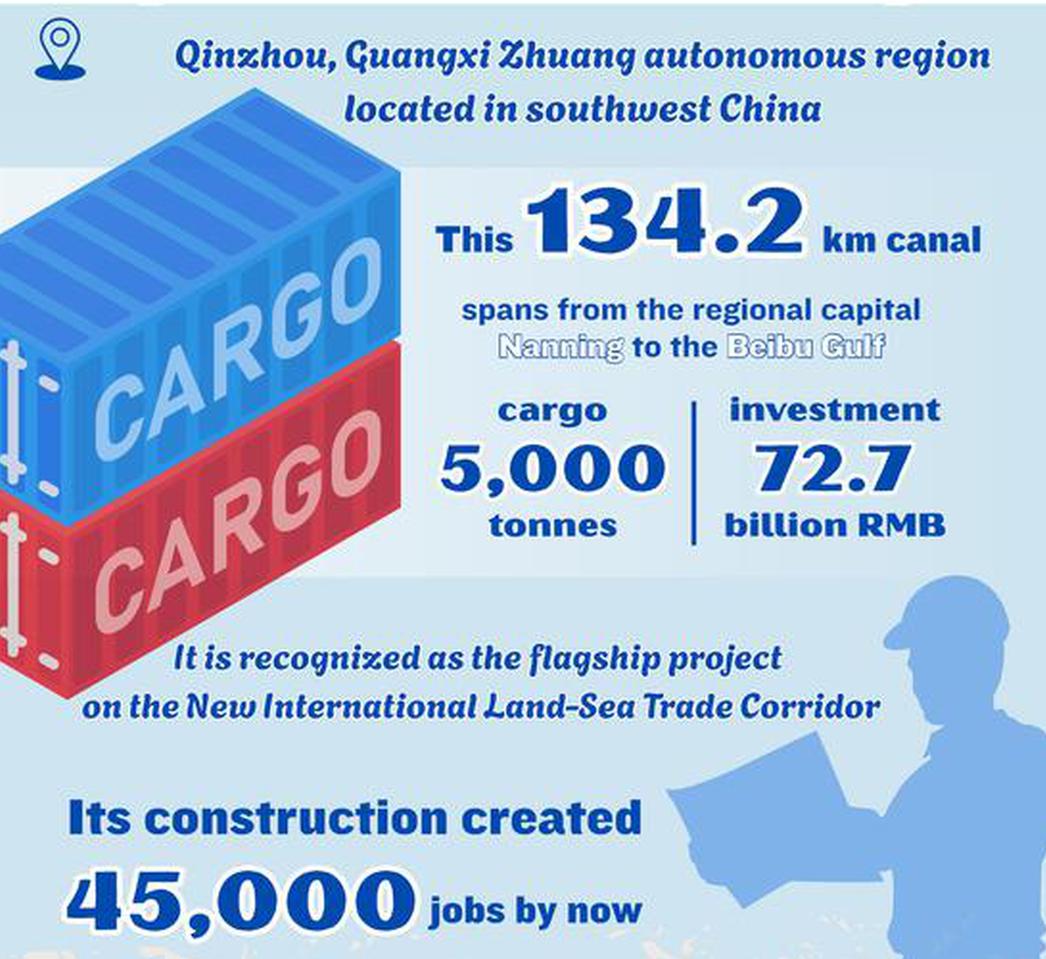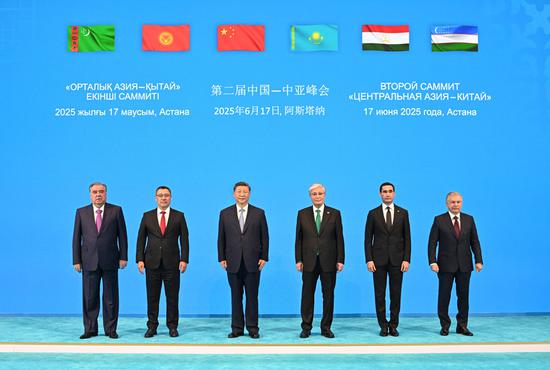The item-specific tariffs on steel- and aluminum-derived products, which the United States began imposing on Monday, are expected to significantly affect both South Korean manufacturers and U.S. consumers.
The additional tariffs of 50 percent will eventually result in rising prices in the U.S. as South Korean brands take up a big share in the North American home appliance market, say analysts.
As of Monday, the U.S. has classified a range of home appliances, including refrigerators and washing machines, as steel- and aluminum-derived products and has begun imposing item-specific tariffs, the (Republic of) Korea Customs Service said on Wednesday, as reported by Chosun Biz.
Goods that have been categorized as "made in Korea" under the South Korea-U.S. free trade agreement may be classified as "made in a third country" and be subject to high tariffs, the report said.
The U.S. initially announced an additional 25 percent tariff on steel and aluminum products in March and doubled the rate to 50 percent in early June. The tariff on steel-derived products has also been increased to 50 percent.
The rate of tariffs depends on how much steel and aluminum the items contain.
"Additional tariffs on appliances are not going to do (the Republic of) Korea much good and it may mean shocks to specific companies," said Yang Jun-sok, an economics professor at the Catholic University of Korea in Seoul.
But U.S. consumers are also expected to face increased prices as a result of the tariffs, according to Yang.
He noted that, in 2018, the U.S. slapped "safeguard" tariffs on South Korean washing machines due to anti-dumping concerns. The move failed to limit exports to the U.S., and U.S. consumers ended up bearing between 125 and 225 percent of the costs of the washing machine tariffs, said Yang.
While South Korea's exports of home appliances to the U.S. will be cut, Yang said he expects exports to other countries to continue.
In addition, although major South Korean home appliance companies such as LG and Samsung are exploring U.S. production to mitigate tariff impacts, relocating their manufacturing is unlikely to prevent price hikes for U.S. consumers, said Yang.
"The fact is that cost of production is significantly higher in the U.S.," said Yang, noting production in the U.S. will not be profitable unless tariffs continue for years, which would also mean permanently higher prices for U.S. consumers.
Both Samsung and LG hold a significant share of the U.S. home appliance market, taking the top spots in the washing machine and refrigerator markets in 2024, according to South Korea's WOW TV, an affiliate of the Korea Economic Daily business newspaper.
If the full tariff cost is passed on to consumers, the price of a refrigerator could increase by up to 35 percent, the report said. It added that shifting refrigerator production to existing washing machine plants in the U.S. or building new refrigerator factories in the U.S. lacks feasibility.
South Korea is currently holding trade negotiations with the U.S., and is aiming to reach a deal before the July 8 deadline, when the 90-day suspension of the U.S. administration's "reciprocal" tariffs will end.
Earlier this week, new Trade Minister Yeo Han-koo held tariff talks with his U.S. counterpart in Washington.
Under the U.S. tariff scheme, South Korea is subject to 25 percent "reciprocal" tariffs on its shipments to the U.S., as well as sectoral tariffs on items such as automobiles and steel.
In May, South Korea's steel shipments to the U.S. fell 16.3 percent to $327 million from $390 million a year earlier, according to Yonhap News Agency, citing data from the Korea International Trade Association.
"U.S. steel tariffs appear to have begun affecting Korean steel shipments in May, as domestic steelmakers lowered their export prices last month to maintain a certain level of exports to the U.S.," a KITA official was quoted as saying.


















































 京公網安備 11010202009201號
京公網安備 11010202009201號